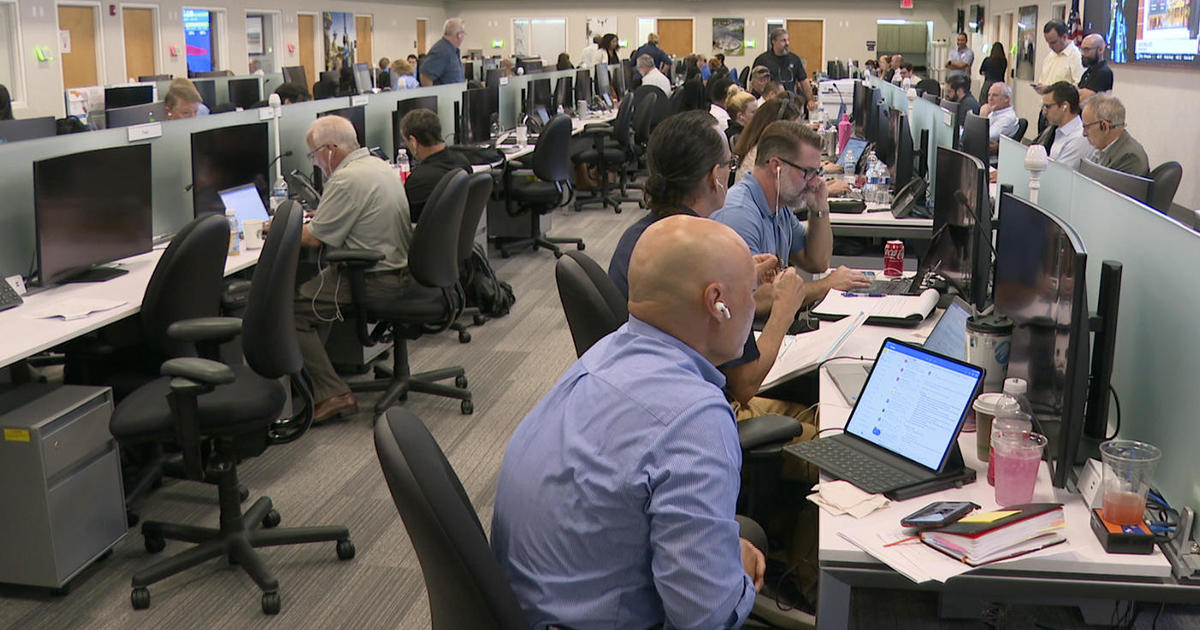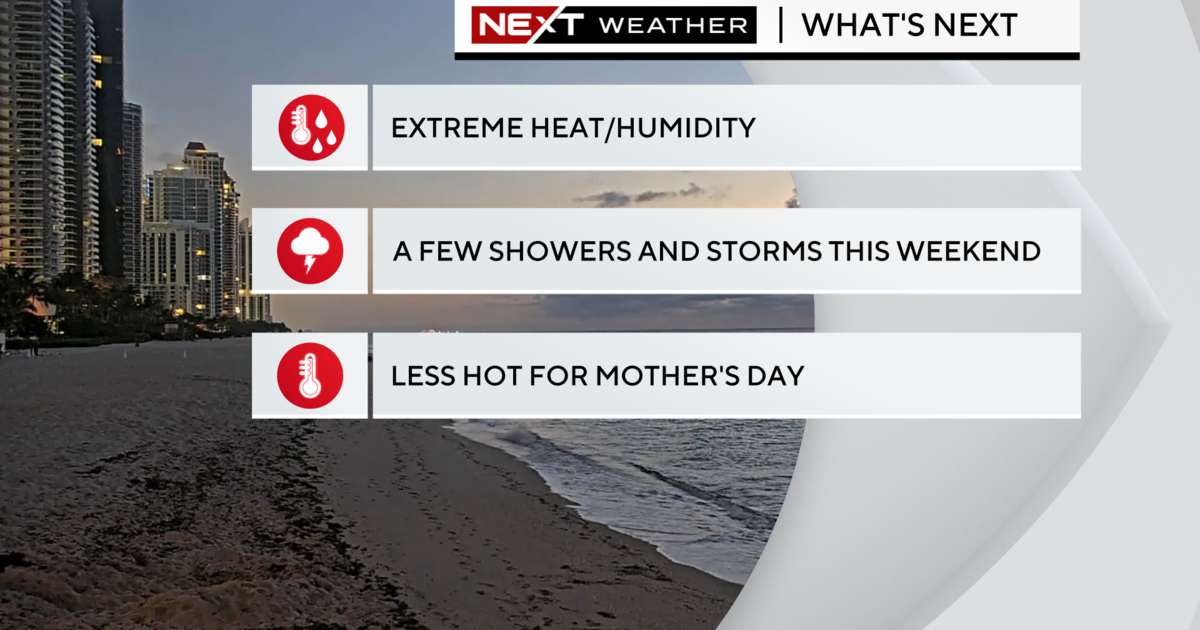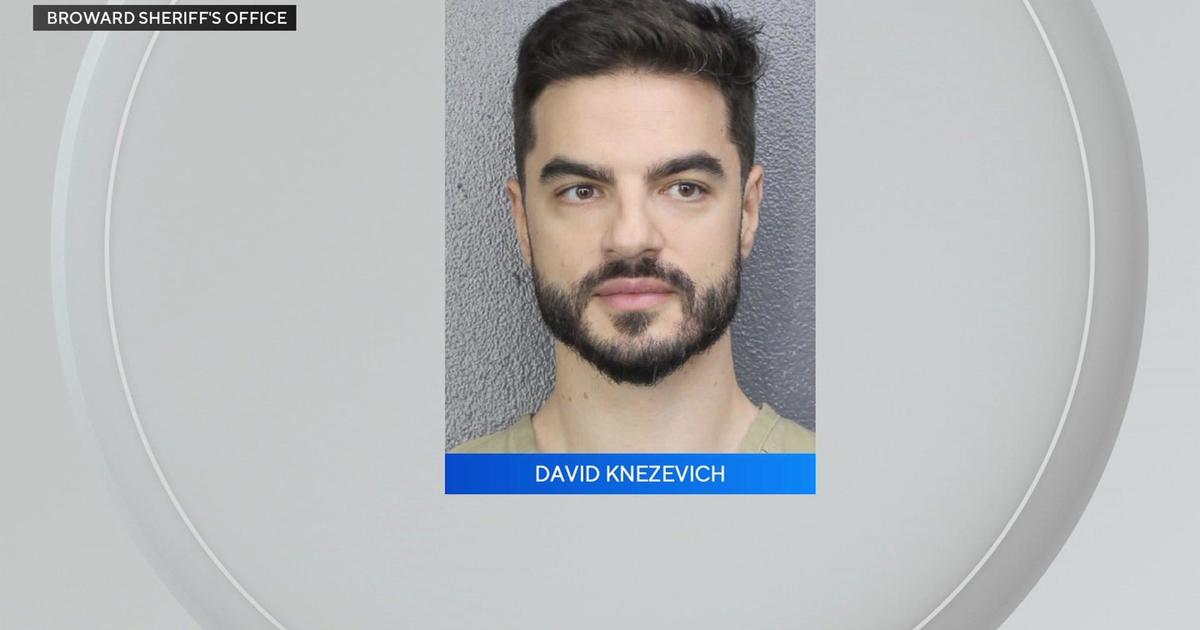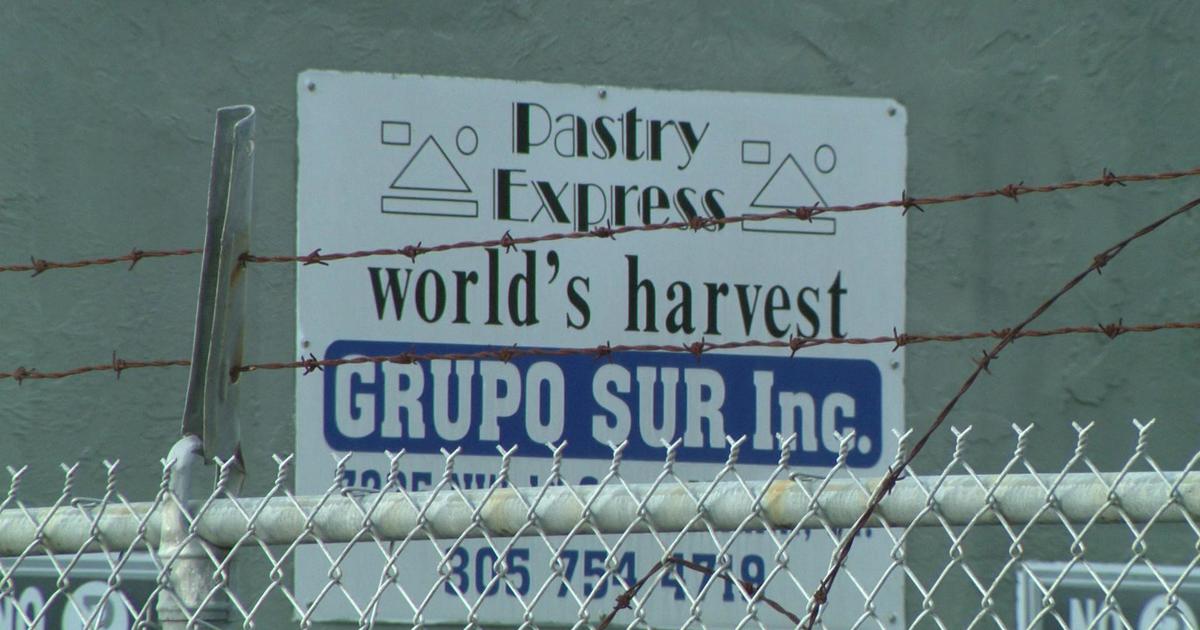AAA: Hurricane Ida Likely To Cause Higher Gas Prices
MIAMI (CBSMiami) -- Florida drivers could soon feel the effects of Hurricane Ida, in the form of higher gas prices. While a gas price hike appears imminent, it's still unclear how much of a increase drivers will see.
The average price for gasoline in Florida is $2.95 per gallon. The state average has slowly declined over the course of the past three weeks, after setting a new 2021 high of $3.03 on August 5th. A week ago, it appeared that prices were poised to decline even further, after futures prices plummeted, in response to the spread of COVID-19. However, futures prices rebounded last week, due to concerns about what the storm could do to the Gulf Coast fuel supply chain. Sunday night, futures prices spiked again in overnight trading.
Importance of the Gulf Coast
Hurricanes don't always cause gas prices to rise, but when a major storm moves into the Gulf Coast, that's another story. Hurricane Ida made landfall along the Gulf Coast, a region populated with offshore oil rigs, coastal crude oil refineries, terminals and ports.
Refineries in Louisiana, Mississippi, Texas and Alabama account for more than 45% of the nation's capacity for refining crude oil into gasoline and other important products. Additionally, the region is home to nearly 2,000 offshore oil platforms, which accounts for 17% of the nation's crude oil production.
Initial Storm Impacts:
- Nine refineries were in Ida's forecasted track - 24% of Gulf Coast refining capacity; 13% of capacity nationwide. Four refineries safely shut down before the storm. Another one reduced operations.
- More than 90% of offshore oil rigs in the Gulf of Mexico were shut down and evacuated before the storm. That amounts to 15% of US production.
- Colonial Pipeline - which carries diesel and gasoline from Texas to states along the eastern seaboard - was shut down on Sunday as a precaution.
"Drivers will almost assuredly see gas prices rise this week, because of Hurricane Ida's effects on the Gulf Coast," said Mark Jenkins, spokesman, AAA - The Auto Club Group. "Based on overnight movement in the futures market, a 10-20 cent jump at the pump is not out of the question. Where gas prices go from here will depend on the extent of the damage and how long it will take for fuel production and transportation lines to return to normal."
Florida's Fuel Supply Chain
Most of Florida's gasoline sails into its ports from refineries in Texas, Louisiana and Mississippi on waterborne vessels. It's possible some fuel shipments will be interrupted or delayed because of the storm. However, the state can also bid on shipments from other countries.
State leaders are reportedly filing for a waiver from the EPA to begin selling winter blend gasoline now. The EPA normally restricts retailers from selling winter gasoline until September 15. However, if allowed, this would enable retailers to bring in both summer and winter gasoline, increasing access to gasoline at a time when supplies could tighten.
Regional Prices
- Most expensive metro markets – West Palm Beach-Boca Raton ($3.12), Panama City ($3.07), Tallahassee ($3.05)
- Least expensive metro markets – Punta Gorda ($2.80), Tampa-St. Petersburg-Clearwater ($2.87), Orlando ($2.88)



